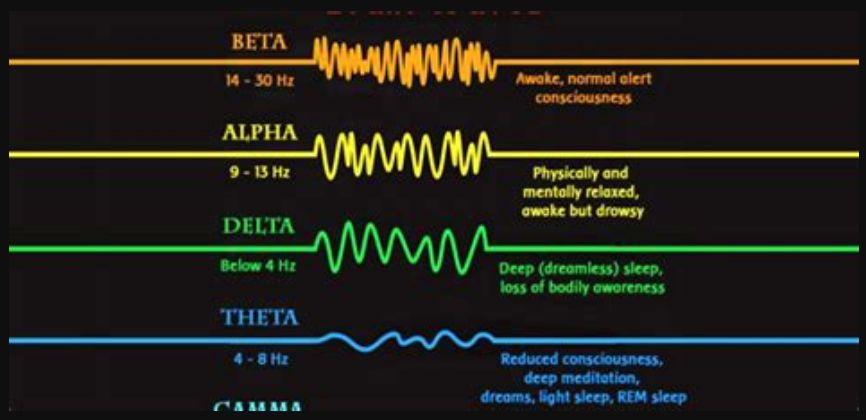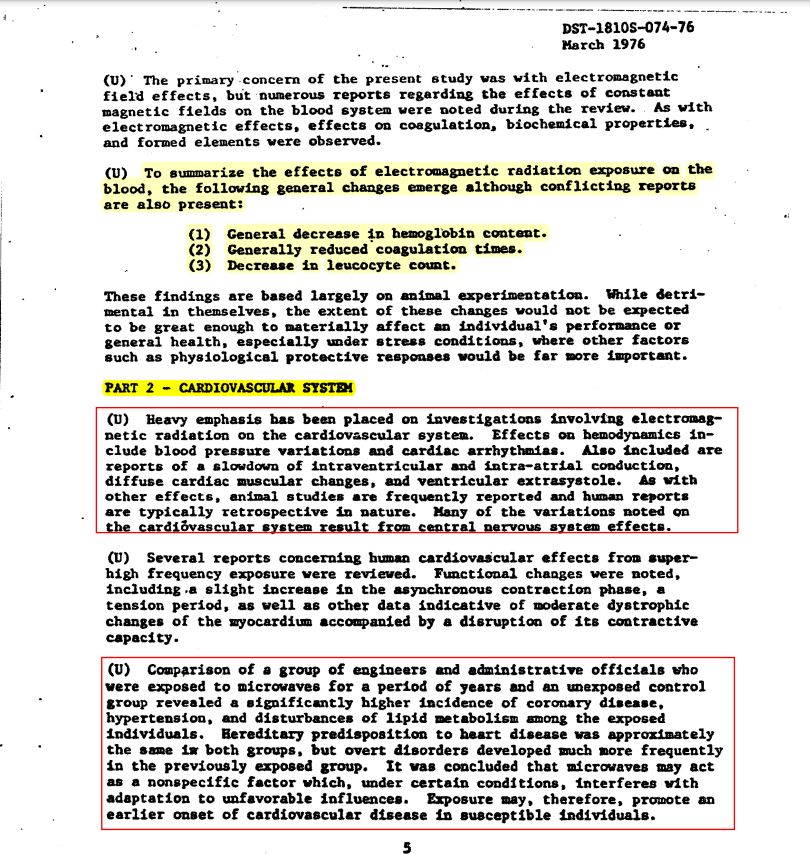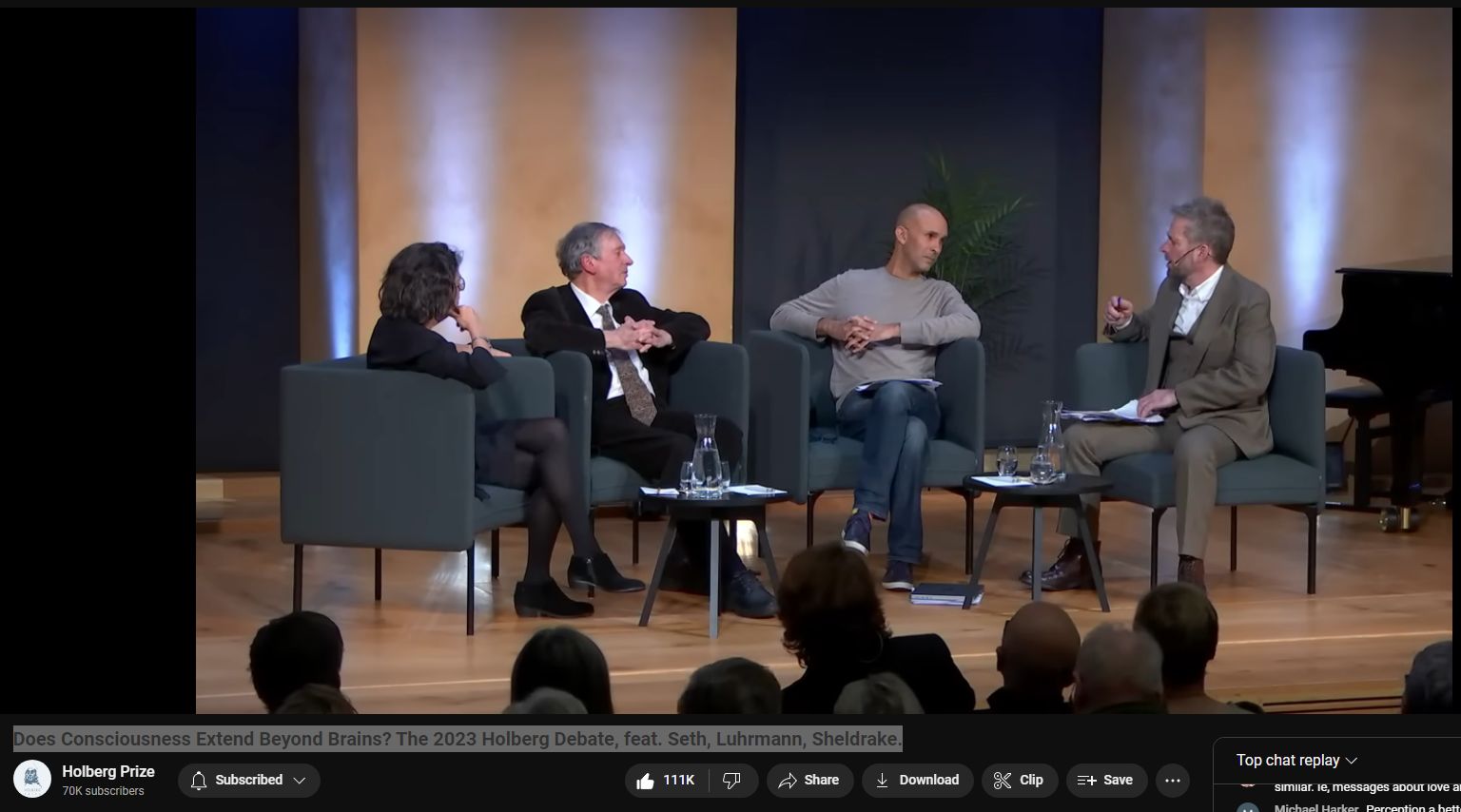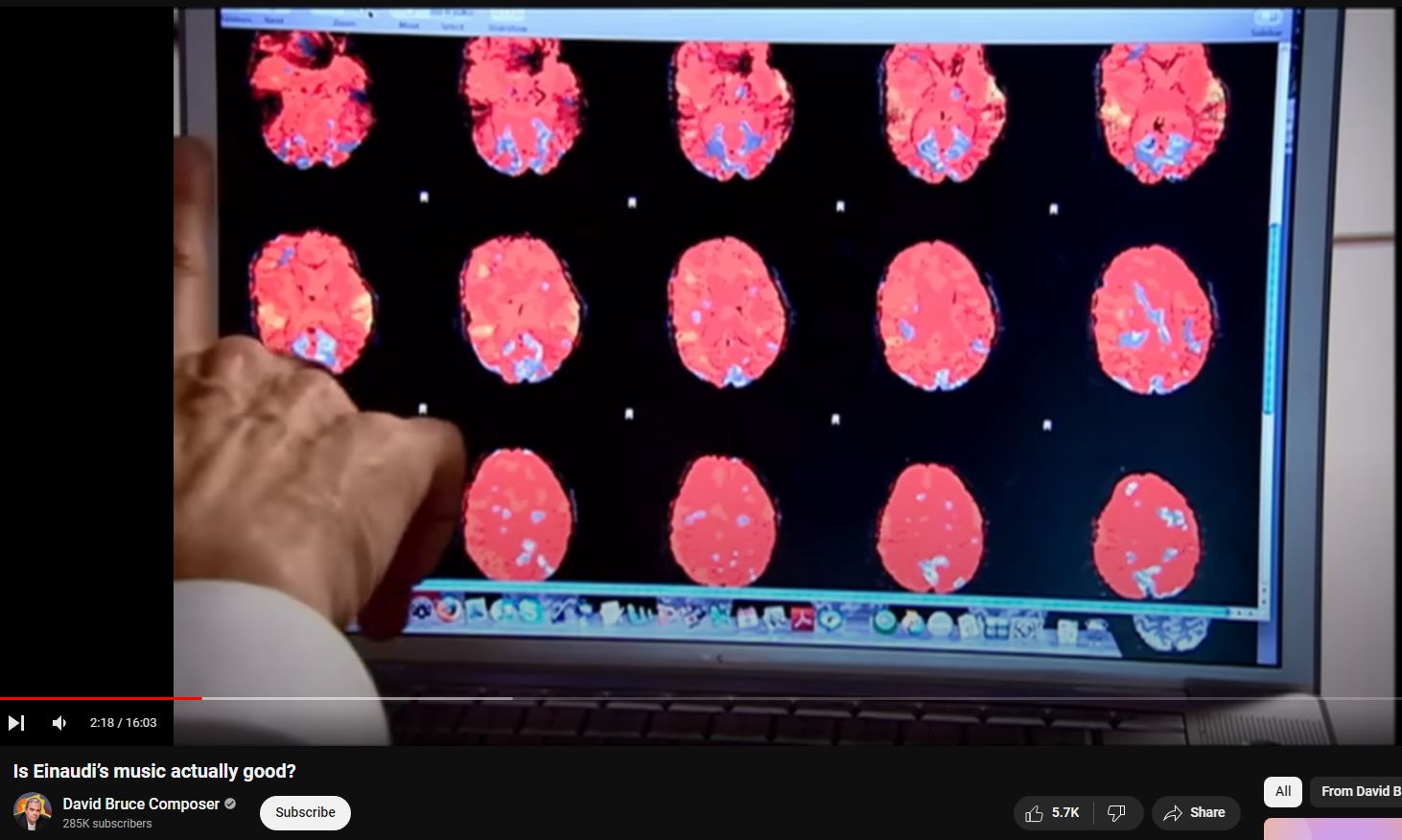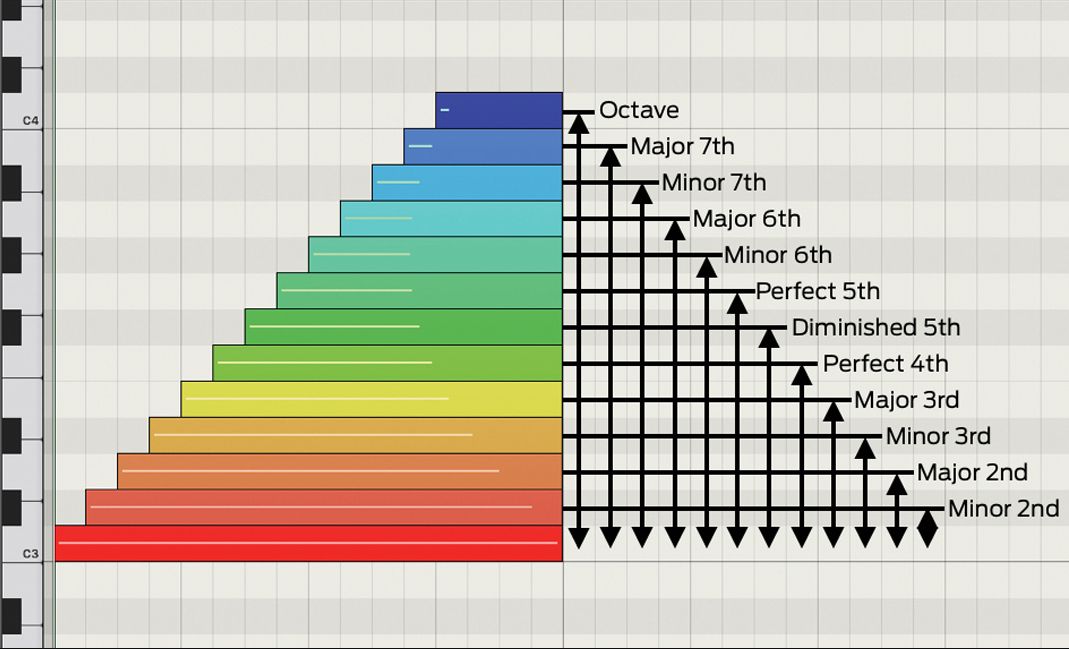Brain
CIA full report on Brain Synchronization, Energy, Manifestation and the Holographic Universe
CIA full report on Brain Synchronization
Effects of Electromagnetic Radiation on Blood Brain and Biology
Effects of Electromagnetic Radiation on Blood Brain and Biology
From perception to pleasure: Music and its neural substrates
Music and its neural substrates
Does Consciousness Extend Beyond Brains? The 2023 Holberg Debate, feat. Seth, Luhrmann, Rupert Sheldrake — Bioresonance with Soul, Mind, Consciousness
Does Consciousness Extend Beyond Brains
Binauralists take note — Monaural not binaural beat-frequency mixing is found superior — research, audio files, and Eileen McKusick ..what could be better?
Monaural not binaural beat-frequency mixing is found superior
If human hearing upper limit is 20 kHz then how does a 15 kHz sine-wave sound so remarkably different from 15 kHz square-wave ?
How does a 15 kHz sine-wave sound so remarkably different from 15 kHz square-wave
Prince, Purple Rain, American Gods, cultural engineering, aether, worship, demonica — FAKE MUSIC INDUSTRY — “Soul removed, spirit removed” — musical control as cultural creation, degradation — Mike Williams on Crrow777 Radio – The Music Industry and Social Engineering
The Music Industry and Social Engineering
Dopamine Rush from Resonance in Malta Hypogeum
Dopamine Rush from Resonance in Malta Hypogeum
Vibration as Control Mechanism
Vibration as Control Mechanism – Remote Neural Monitoring (RNM) is a controversial concept that refers to the purported ability to remotely monitor and manipulate the neural activity of individuals using advanced technology, typically without their consent or awareness
Practical Apps for Learning to Play and Make Beautiful Music
Practical Apps for Learning to Play and Make Beautiful Music
TOP 10 SONIC TORTURE SONGS FROM GITMO — Psychosonic Drugs – Psychosonic Attacks – Weaponizing Lady GaGa (or any artist / MP3)
TOP 10 SONIC TORTURE SONGS FROM GITMO
Power of Aether in Music and Electricity – Eric Dollard
Power of Aether in Music and Electricity
Language universals at birth
Language universals at birth
From perception to pleasure: Music and its neural substrates
Music and its neural substrates
Music Color Associations are Mediated by Emotion
Music Color Associations are Mediated by Emotion
Melodic sound enhances visual awareness of congruent musical notes, but only if you can read music
Melodic sound enhances visual awareness of congruent musical notes
Bionic Arm Taps New Part of Brain for Smooth Moves
Bionic Arm Taps New Part of Brain for Smooth Moves
The Symbolic Nature of Language – Olav Torheim, Red Ice
Symbolic Nature of Language
Musical intervals and relative pitch: Frequency resolution, not interval resolution, is special
Musical intervals and relative pitch
How the Human Ear Works – Science of Hearing for Musicians
How the Human Ear Works


